
Minnesota was promised to us
Somalis have answered Trump’s latest racist tirade not with outrage but with a tidal wave of trolling.

Somalis have answered Trump’s latest racist tirade not with outrage but with a tidal wave of trolling.
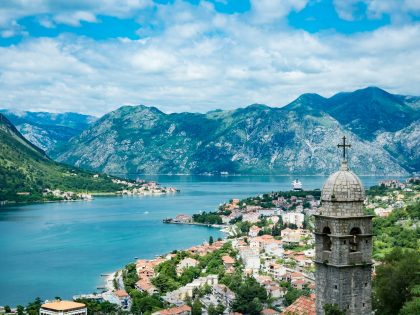
What began as a revenue lifeline for small island states has become a global market where the wealthy buy mobility and sovereignty itself becomes a commodity.
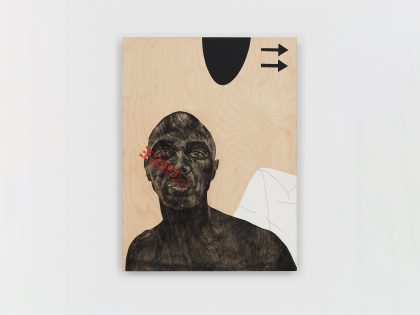
Drawing on his forced migration from Rwanda, Serge Alain Nitegeka reflects on the forms, fragments, and unsettled histories behind his latest exhibition in Johannesburg.
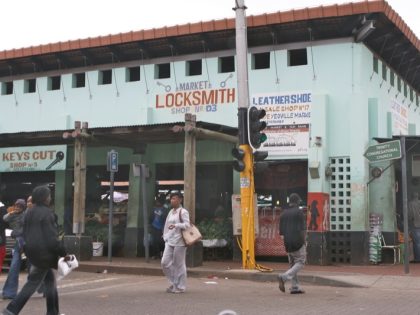
From indirect rule to Operation Dudula, the lines dividing citizen from stranger trace back to the way empire organized identity and labor.
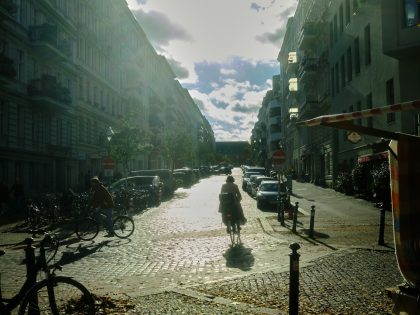
At the 13th Berlin Biennale, works from Zambia and beyond summon unseen forces to ask whether solidarity can withstand the gaze of surveillance.
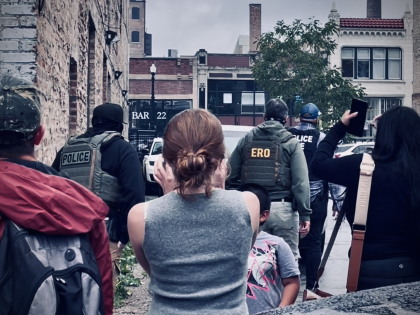
Trump’s deportation regime revives a colonial blueprint first drafted by the American Colonization Society, when Black lives were exiled to Africa to safeguard a white republic.

When two Africans—one from the south, the other from the north—set out to cross the continent, they raised the question: how easy is it for an African to move in their own land?

On his latest EP, Kwame Brenya turns a failed migration into musical testimony—offering a biting critique of ECOWAS, broken borders, and the everyday collapse of pan-African ideals.

Cape Town’s digital nomads chase cheap luxury and scenic backdrops—but behind the matcha lattes and “social impact days” lies a deeper story of economic power, displacement, and global inequality.

With Europe increasingly closed, West African migrants are turning to the US—via Latin America. But the journey is long, dangerous, and brutally expensive, raising urgent questions about global responsibility.

Who was Saadia, and why has she been forgotten? A search for one woman’s story opens up bigger questions about race, migration, belonging, and the gaps history leaves behind.

In Africa’s migration economy, women’s labor fuels households abroad while their own needs are sidelined at home. What does freedom look like when care itself becomes a form of exile?

The South African government’s rush to clear visa applications has led to mass rejections, bureaucratic chaos, and an overloaded appeals system—leaving thousands in limbo.

Amid global political turmoil and restrictive visa policies, artists are redefining resistance—on the dance floor and beyond.

Asylum seekers from Africa are caught in a growing crisis at the US-Mexico border, as Trump's policies leave them in legal limbo and unsafe conditions.

The UK Tory leader distances herself from Nigeria, embracing colonial narratives while rejecting solidarity with a nation grappling with neocolonial realities.

African postcolonial cinema serves as a mirror, revealing the limits of escape—whether through migration or personal defiance—and exposing the tensions between dreams and reality.

Hiking as Kenyans in Kenya is pathbreaking, both literally and metaphorically.

One country is Anglophone, and the other is Francophone. Still, there are between 1 to 4 million people of Nigerian descent living in Côte d'Ivoire today.

Un pays est anglophone et l’autre est francophone. Quoi qu'il en soit, entre 1 et 4 millions de personnes d'origine nigériane vivent aujourd'hui en Côte d'Ivoire.